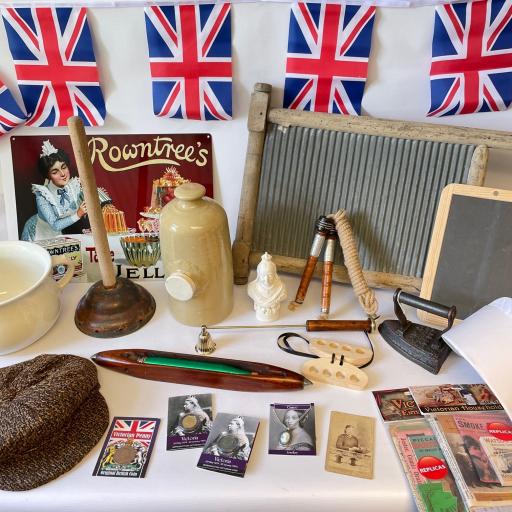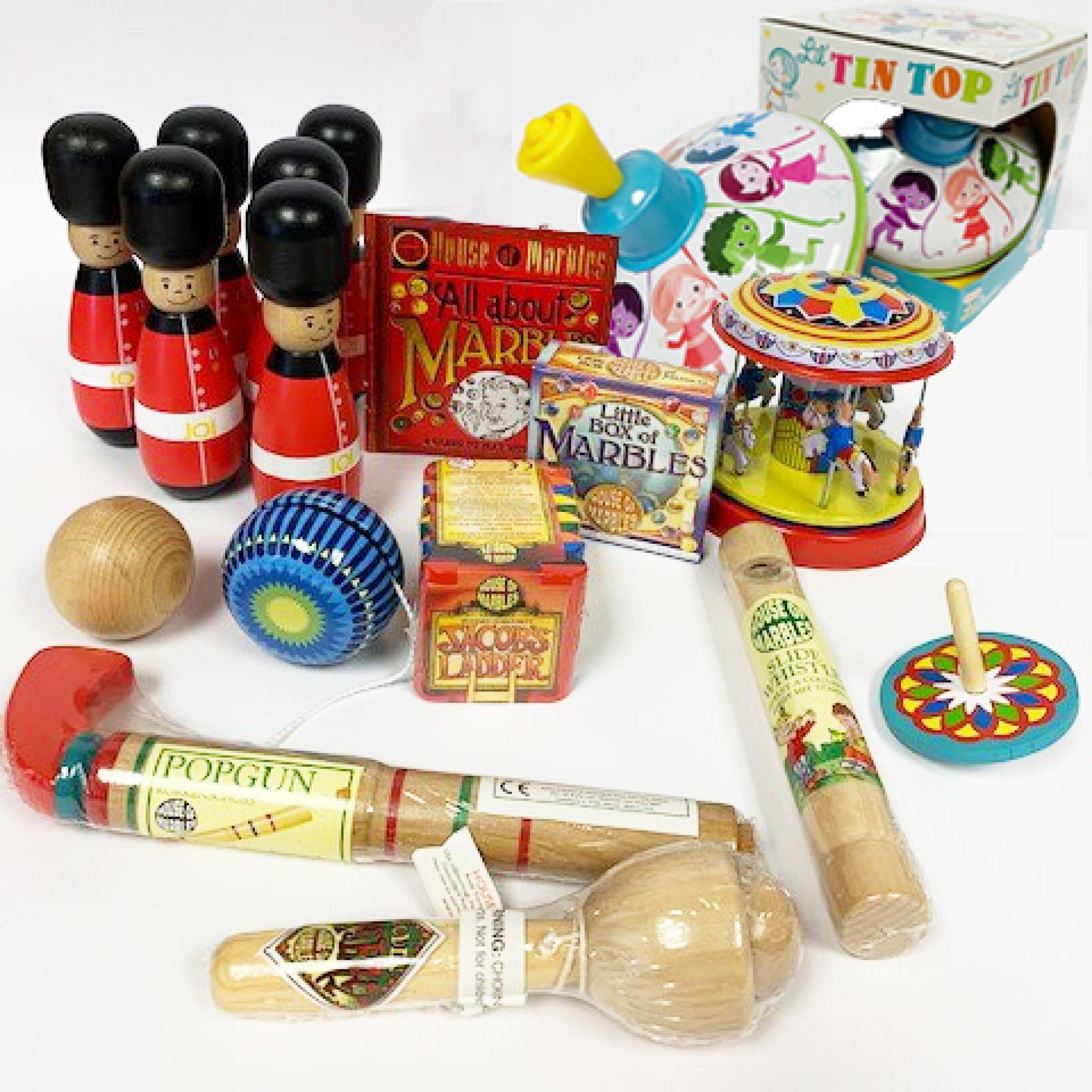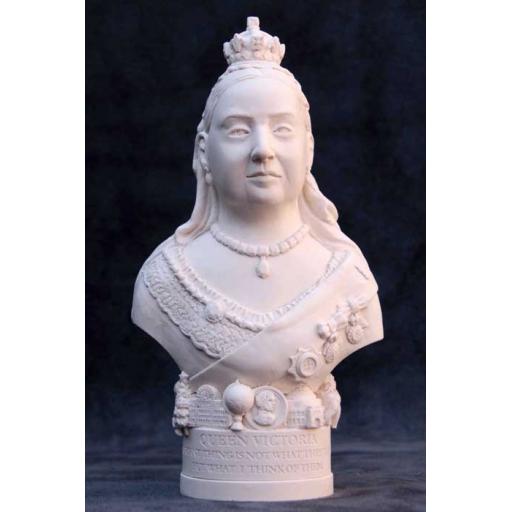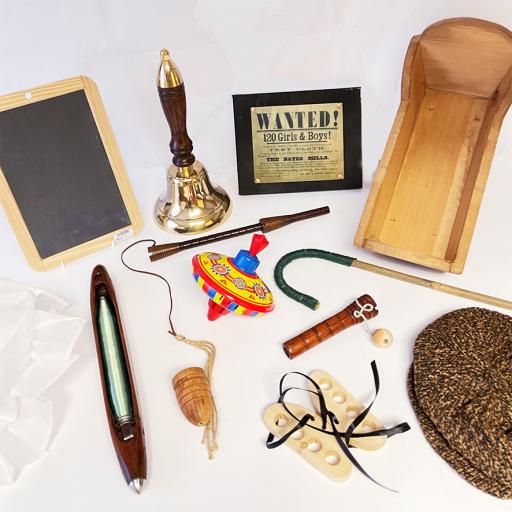- MENU
-
Boxes
-
History
-
- Ancient Egypt
- Ancient Greece
- Aztecs
- Benin
- British History - Topics
- Celts
- Crime & Punishment
- Early Islamic Civilisation
- Explorers
- Fossils and Dinosaurs
- Great Fire & Plague of London
- Gunpowder Plot/Civil War
- Industrial Revolution
- Iron & Bronze Age
- Kings and Queens
- Knights & Castles
- Maya Civilisation
- Mining
- Pirates
- Romans
- Saxons
- Shakespeare
-
-
Religion
-
World Cultures
-
Art
-
Natural
-
Sea
-
Animals
-
Music
-
Textiles
- Specials
Specialist supplier of inexpensive, exciting & unusual artefacts.














